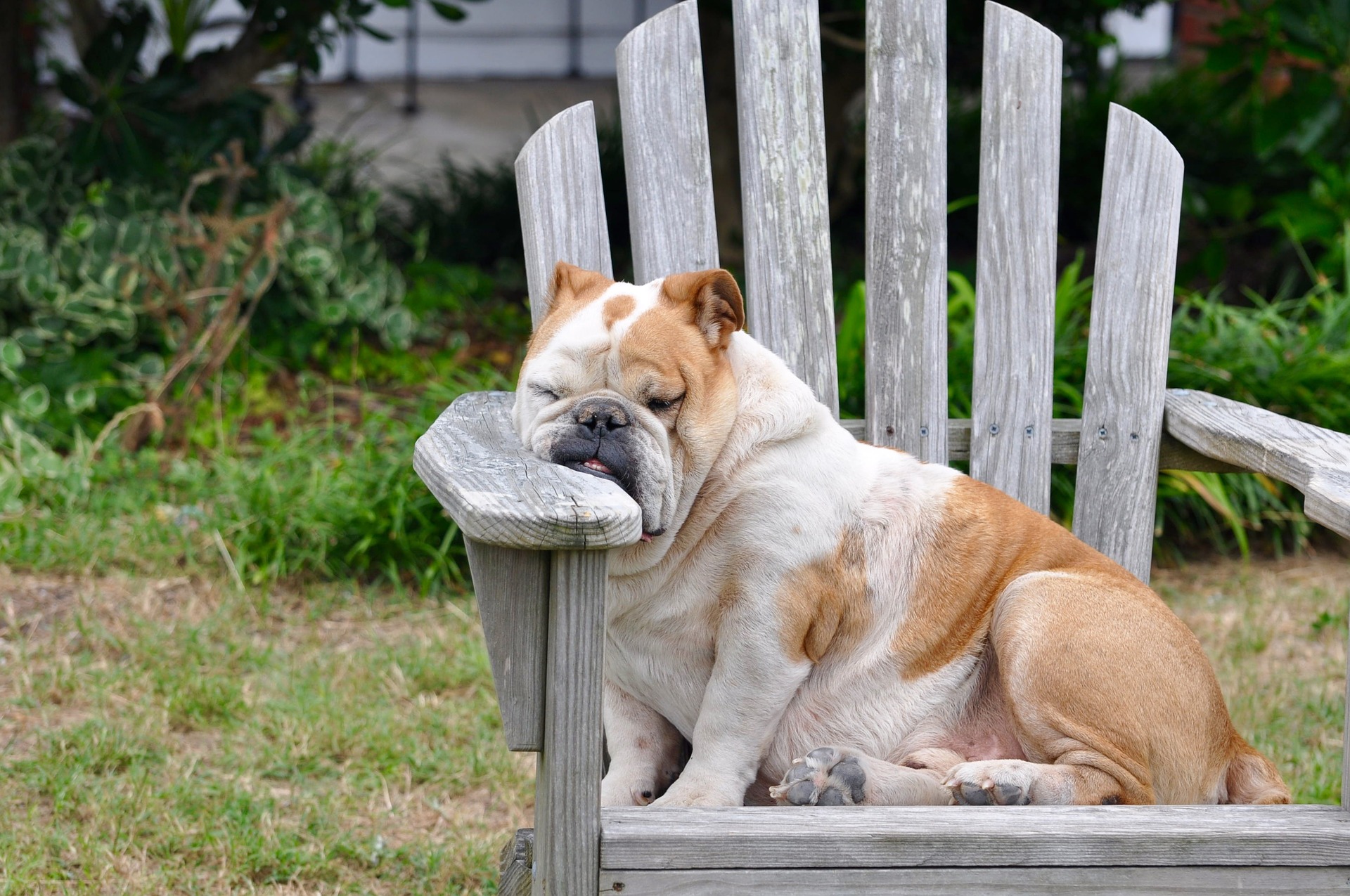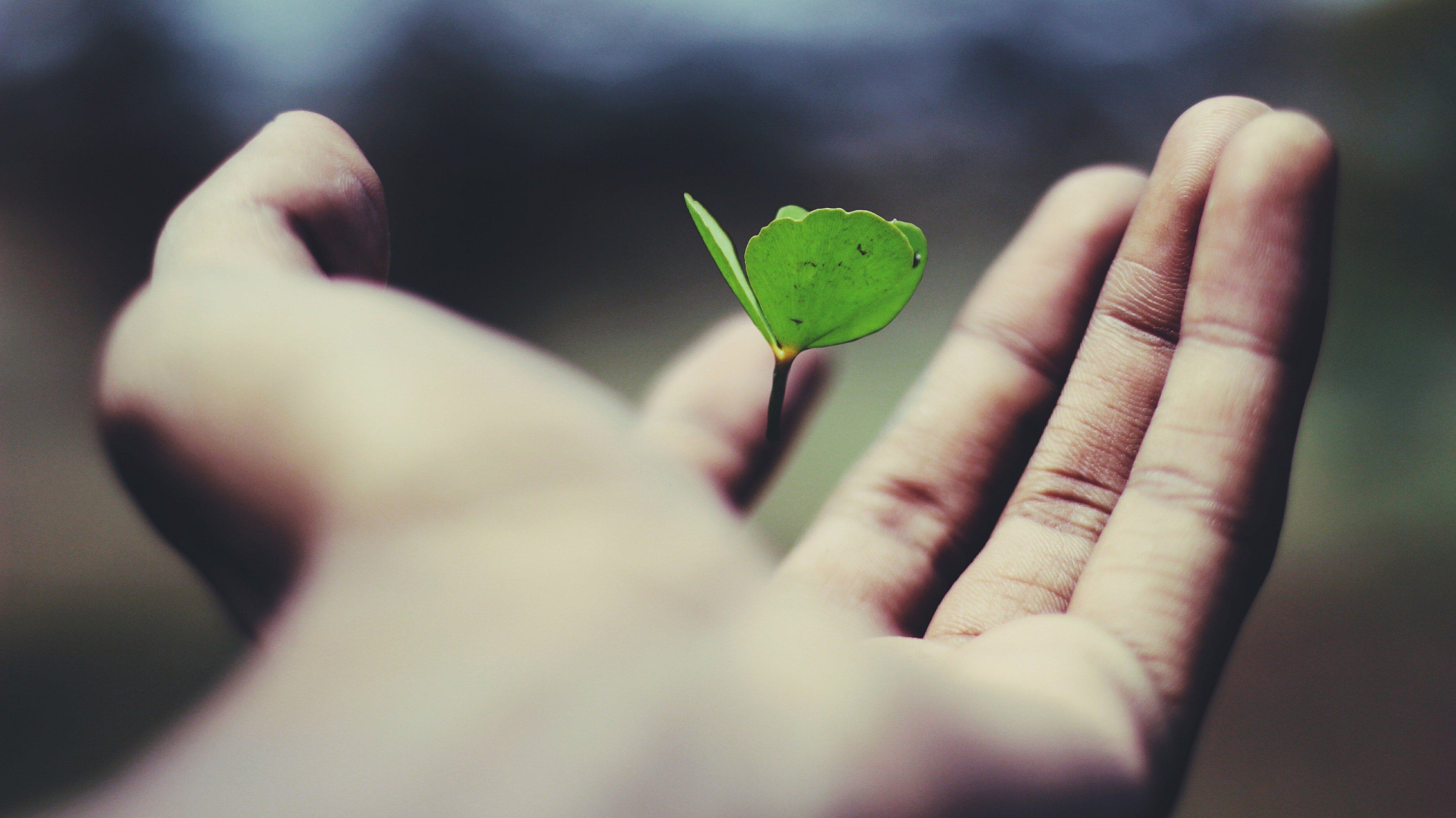 Nov
05
2018
Nov
05
2018
Comfortable?
“Comfort is not a goal that I seek, rather it is a place that I hide.” —Craig D. Lounsbrough
Routine and monotony provides us stability and predictability. It makes us feel safe, protected, and comfortable.
Comfort is nice, but it can be a huge impediment to our well-being when we get stuck there. Our comfort can be what gets in the way of change, progress, and improvement. It can make us risk-averse with the fear of losing the comfort.
How often do we actually step outside our comfort zone and challenge ourselves? Interestingly, we usually don’t mind asking (or demanding) our children and others to stretch themselves.
I might suggest intentionally adding some discomfort into our lives.
I believe with discomfort comes empathy for others, discipline, courage, self-awareness and renewed appreciation. It also opens the door for new experiences. According to psychologist Dr. Elizabeth Lombardo,people who regularly seek out fresh experiences tend to be more creative and emotionally resilient than those who remain stuck in routine.
Here are some simple ways to experience a little discomfort.
-
-
- Skip dinner one day.
- Avoid alcohol for two weeks.
- Fast for 15 hours.
- Take a 30-minute walk outside when it’s below 30 degrees.
- Ride your bicycle to work.
- Go shopping without your cell phone.
- Do not use any form of social media for a week.
- Wake up at 5 a.m. for a week.
- Do thirty burpees every day.
- Add 30 pounds to your backpack for a hike.
- Take only cold showers for a week.
- Sleep on the floor for a couple nights.
- Do without sugar for a week.
- Avoid sitting at work.
- Hold a plank for sixty seconds and then add ten seconds to the hold every day.
-
Record your progress with a journal or an app like Daily Habits, taking note of what was hard, thoughts you wrestled with during the discomfort and what you learned about yourself.
I would also build in some accountability by making it public. Tell your family or post on social media what challenge your are doing and what your goal is. There is significant research supporting going public greatly increasing your chances of success.
My experiences with discomfort have taught me I really don’t need all the things I think I do and that I am a lot stronger and more resilient than I imagined. Other byproducts may include improved gratitude, self-esteem, resiliency, confidence, self-awareness and satisfaction.
You’ll never know what you are capable of until you push yourself outside the boundaries of comfort. If you are asking others to be uncomfortable, it’s important to understand what you are really asking.
Something to think about.




